Two main questions dominated the first round of local elections. Will the cancellation of electronic voting just before the election lead to a voter mobilisation amid suspicions of a last-minute attempt to rig the vote? Will it lead to a change of power in the major cities, and how will this affect the distribution of power at the national level? Election day began with voters' hopes. Their comments as they cast their ballots in the regional town of Vidin, in Bulgaria's poorest Noth West region:
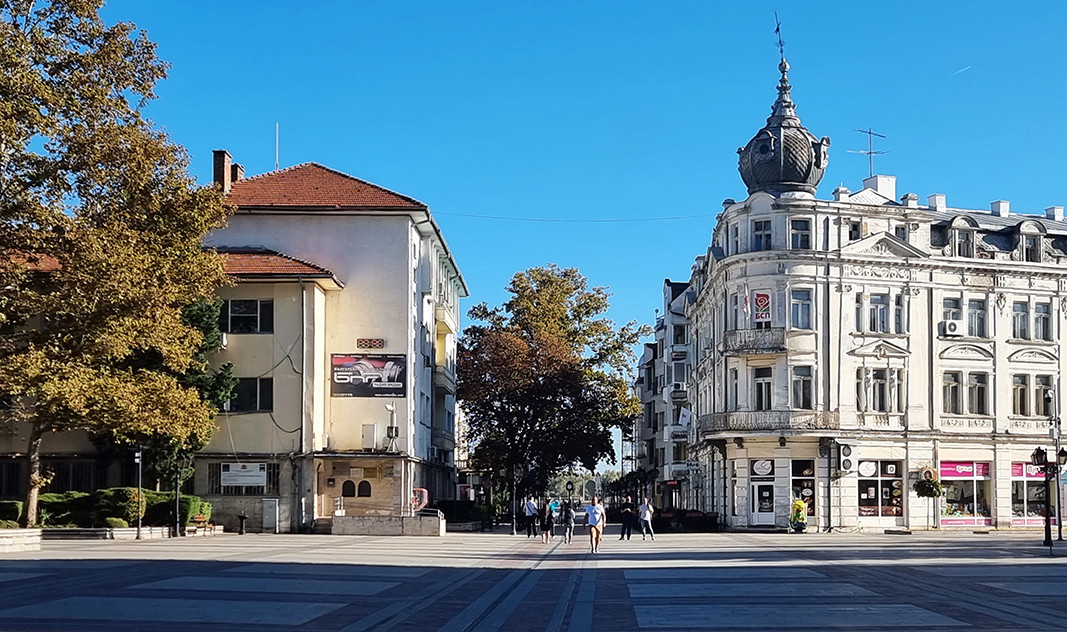
"I voted in the hope that more young people would choose to live in this city... I will vote either by paper ballot or by machine - whatever they decide...
I'm not going to vote, I wasn't convinced. Nobody here is trying to make a change...
It's my hope that things will change for the better, but it's a pig in a poke.
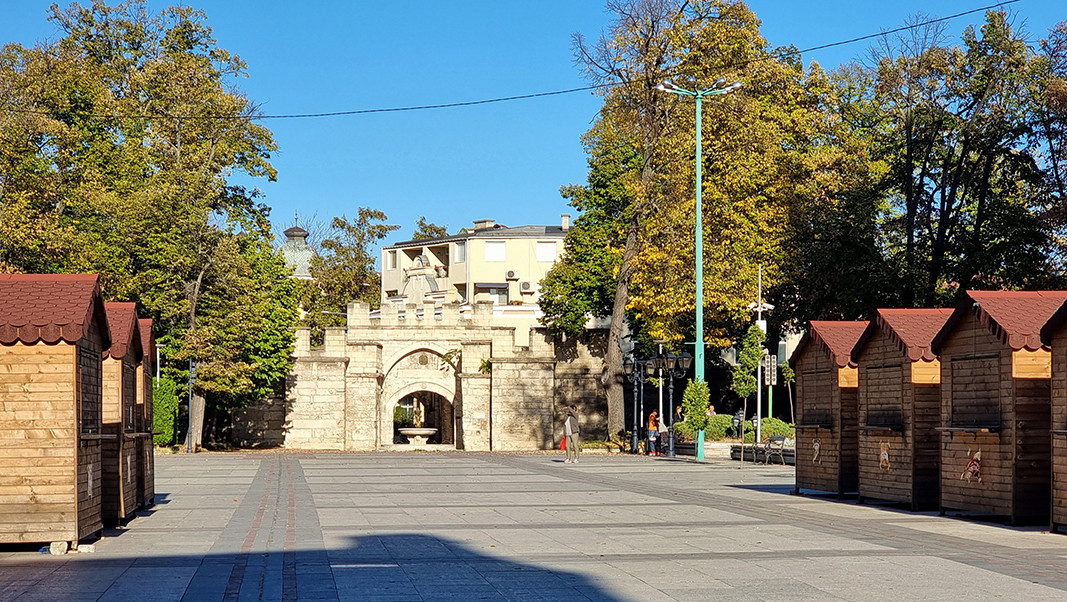
The expectations of the people of Vidin are echoed throughout the country:
"I hope that these drug addicts will be dealt with, that everything will be put to rights, that there will be a future.“
"A clean city, nice streets, sports grounds and stop stealing, ladies and gentlemen!"
"There must be work, because our city is depopulated. The mayor must be honest, sincere, intelligent, responsible, conscientious, must have integrity... And think outside the box".

Politicians arrive next at the polls - some of them pose smiling at the ballot box, others have serious messages - urging people to vote to minimise the impact of fraud.
President Rumen Radev stressed the need to "urgently restore confidence in the electoral process". However, turnout was low in major cities - around 37% in the capital.
With polling stations closed, it was the turn of political analysts, sociologists and journalists to analyse the local vote, which took place in extraordinary circumstances - a machine vote cancelled at the last minute.
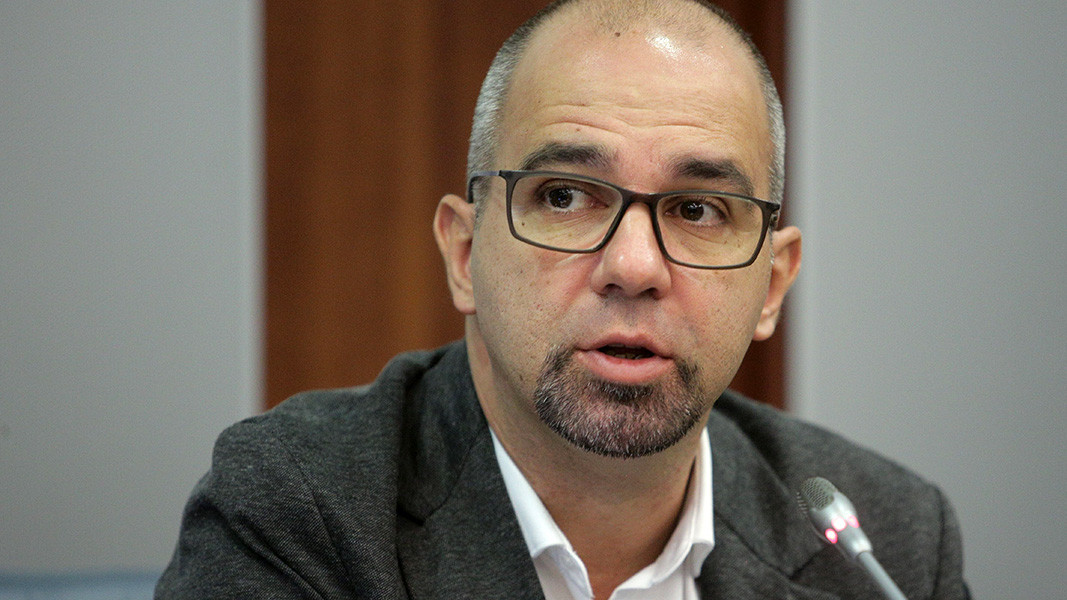
"There are several things we need to note," says political analyst Parvan Simeonov, Managing Director of Gallup International Balkan. - First, a fairly solid PP-DB result, contrary to expectations. I suspect that the mobilisation effect triggered by the cancellation of automatic voting has worked. Second, Vazrazhdane will probably have to wait for another election before it can claim to be the second political force. Thirdly, Varna is symptomatic of a result that shows a strong protest vote, a punishment vote. Now there is virtually no difference between the first and second candidates, and the two (incumbent mayor Ivan Portnih - GERB and Blagomir Kotsev - PP-DB - ed.) can swap places. And while voter turnout across the country is at or below the level of the last election, in Varna it is significantly higher than in 2019. And another fact - overall, here and there, we have a weaker performance for GERB compared to expectations".
Lubomir Alamanov, an expert in communications and political campaigns, focuses his analysis entirely on the situation in Sofia. According to him, the convincing mayoral candidate after the first round, Vasil Terziev of the PP-DB, is an undisputed figure, especially among the young, the "IT people", those involved in start-ups, who are not so ideology-driven, given the candidate's family background, linked to the communist security services. All of them, the analyst says, have seen him at work as a successful man who, through his free academy, helps others to become just as good.
As for GERB's candidate, TV journalist Anton Hekimyan, who is currently in third place, the myth that "I'll take someone famous, make him a candidate and it will do the trick" simply doesn't work," Lubomir Alamanov continues.
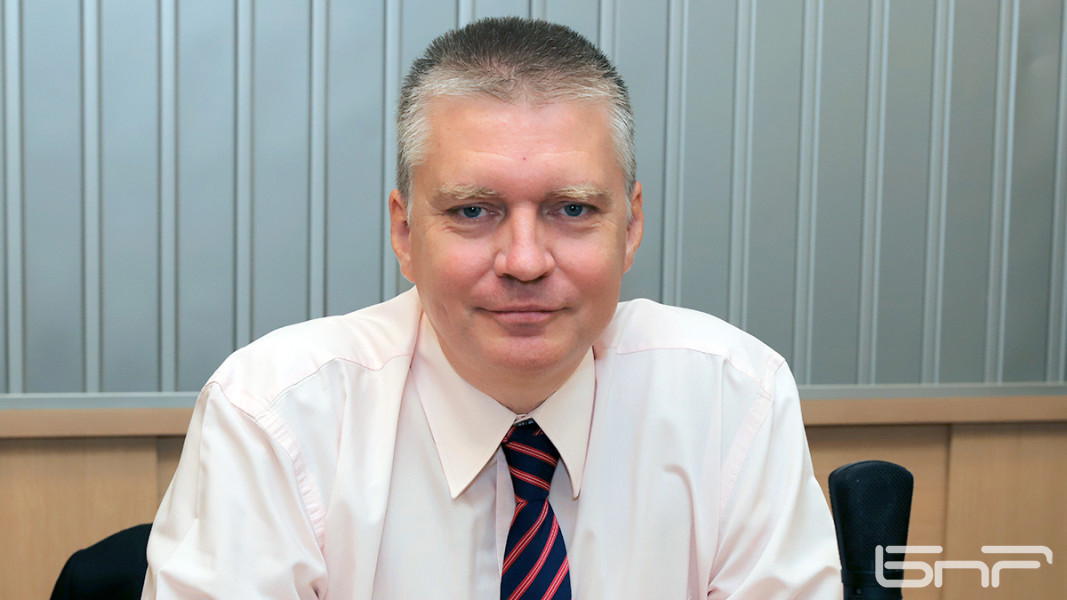
"Huge mistake, the man was unprepared and it was obvious," he says. - However, there was a small surprise in the first round - Vanya Grigorova's campaign (second according to the Gallup parallel count - editor's note) was very good, and she managed to attract voters from both GERB and Vazrazhdane by returning to the old roots of socialist propaganda. All in all, she has managed to position herself as a motherly figure for the capital, who will feed and care for everyone".
"If she loses her sincerity, she will lose everything," says political analyst Andrey Raychev, referring to the extraordinary success of Vanya Grigorova, who managed to oust GERB's candidate from the race for the capital after Boyko Borissov's party had ruled Sofia for almost two decades. But the left-wing candidate for mayor of Sofia, Vanya Grigorova, is a new face in politics (she was previously a trade union expert), and this leads the political scientist to question her ability to "woo" two very hard-to-convince constituencies - GERB and Vazrazhdane - on which her success in the November 5 elections depends.
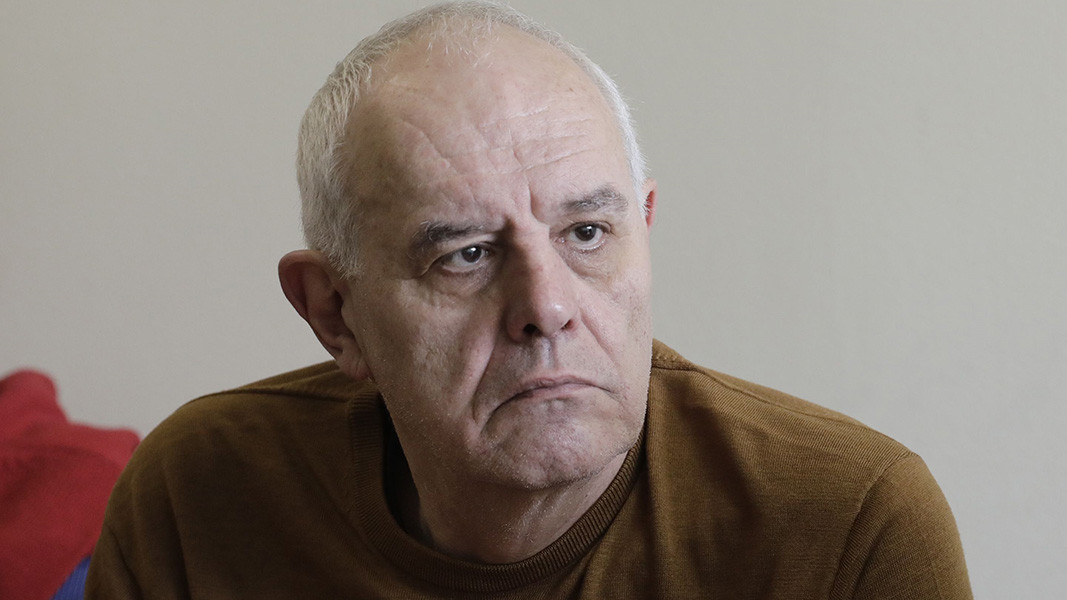
Mayors are the ones who voters elect by majority vote, but solving local problems depends largely on municipal councils, which decide what the policies should be. These are usually made up of little-known individuals from party lists, and their composition is determined in the first round of local elections. The elections on 29 October will therefore determine the composition of the municipal councils that will work for the next four years, regardless of which mayor is elected. This is why analysts are looking for a link between the citizens' vote, the possible party partnerships on the ground and their influence on the "big political configuration" - the government between GERB-SDS and PP-DB.
"The political configuration on the top will decide the configurations on the lower levels," said Andrei Raychev in an interview with BNR: "This configuration is geopolitically motivated - it is not a result of the situation in Bulgaria, but of the situation around Bulgaria. And the factors that cause it and keep it together are the war in Ukraine and, God forbid, an expansion of the war in the Middle East. This is important for Bulgaria, because this is the only way we can stabilise ourselves internally at such a difficult time. And in this sense I think they will not spoil the configuration at the top, and consequently - they cannot afford much conflict in the small.
Ivo Indzhov, an expert in political communication, explains how the results of the local elections will be reflected at national level and predicts the fate of the government, whose coalitions were pitted against each other in the local elections:
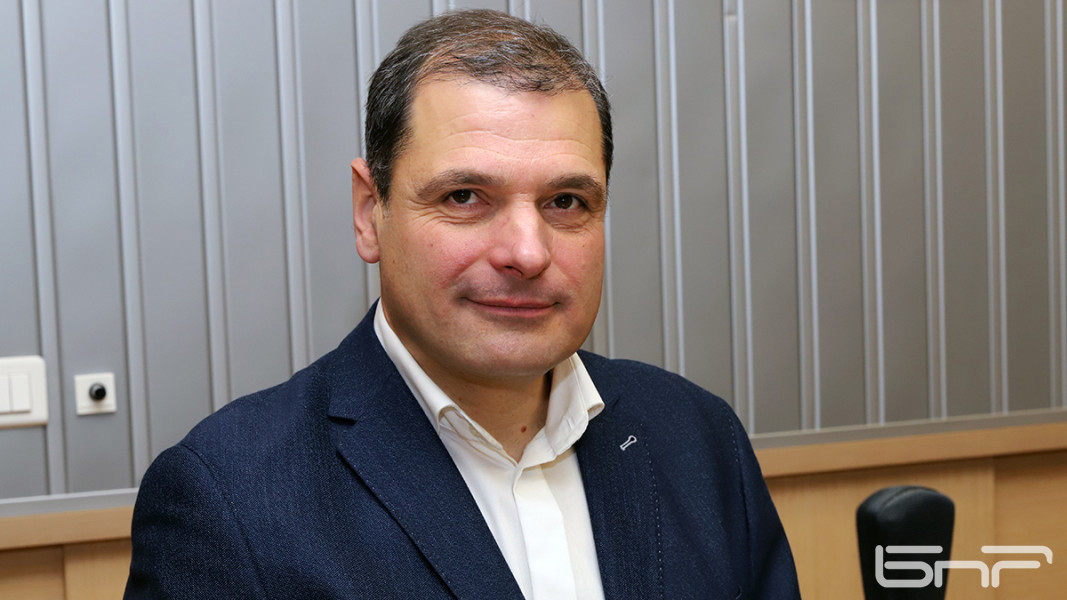
The goals of this government are not bad, but the question is how they will be achieved," he tells BNR-Radio Sofia. "The reform of the judiciary is going nowhere, the reform of the prosecutor's office is not happening either, there are doubts that the constitutional reform, the core of which is the reform of the judiciary, will be paralysed.
But what has happened with Lukoil and the cancellation of the machine vote shows that Boyko Borissov and Delyan Peevski are dictating the agenda of the cabinet and are increasingly claiming positions of power. To put it bluntly, they will pull the rug out from under the government at any moment and the coalition will fall apart.
And while voters consider how best to vote in the second round next Sunday, the Supreme Administrative Court will have to rule on the PP-DB's appeal against the Central Electoral Commission's decision to abolish the use of voting machines in the local elections. It is possible that the voting machines will soon be reinstated or that the civil discontent, indicated by the massive protest in front of the Electoral Commission on Saturday in defence of every vote, will escalate.
With 128 votes in favour, 56 against and six abstentions, the National Assembly elected Maria Filipova, the chair of the Consumer Protection Commission, as deputy ombudsman of the Republic of Bulgaria. She received support from MPs belonging to..
Deputy Prime Minister Atanas Zafirov's attendance at a military parade in China provoked a strong reaction from We Continue the Change-Democratic Bulgaria (PP-DB) , who submitted a declaration to the National Assembly. Speaking from the parliamentary..
The autumn session of the 51st Bulgarian National Assembly was opened with the anthems of the Republic of Bulgaria and the European Union, after which the parliamentary speaker Natalia Kiselova called on the deputies to be fully aware of the..

+359 2 9336 661
